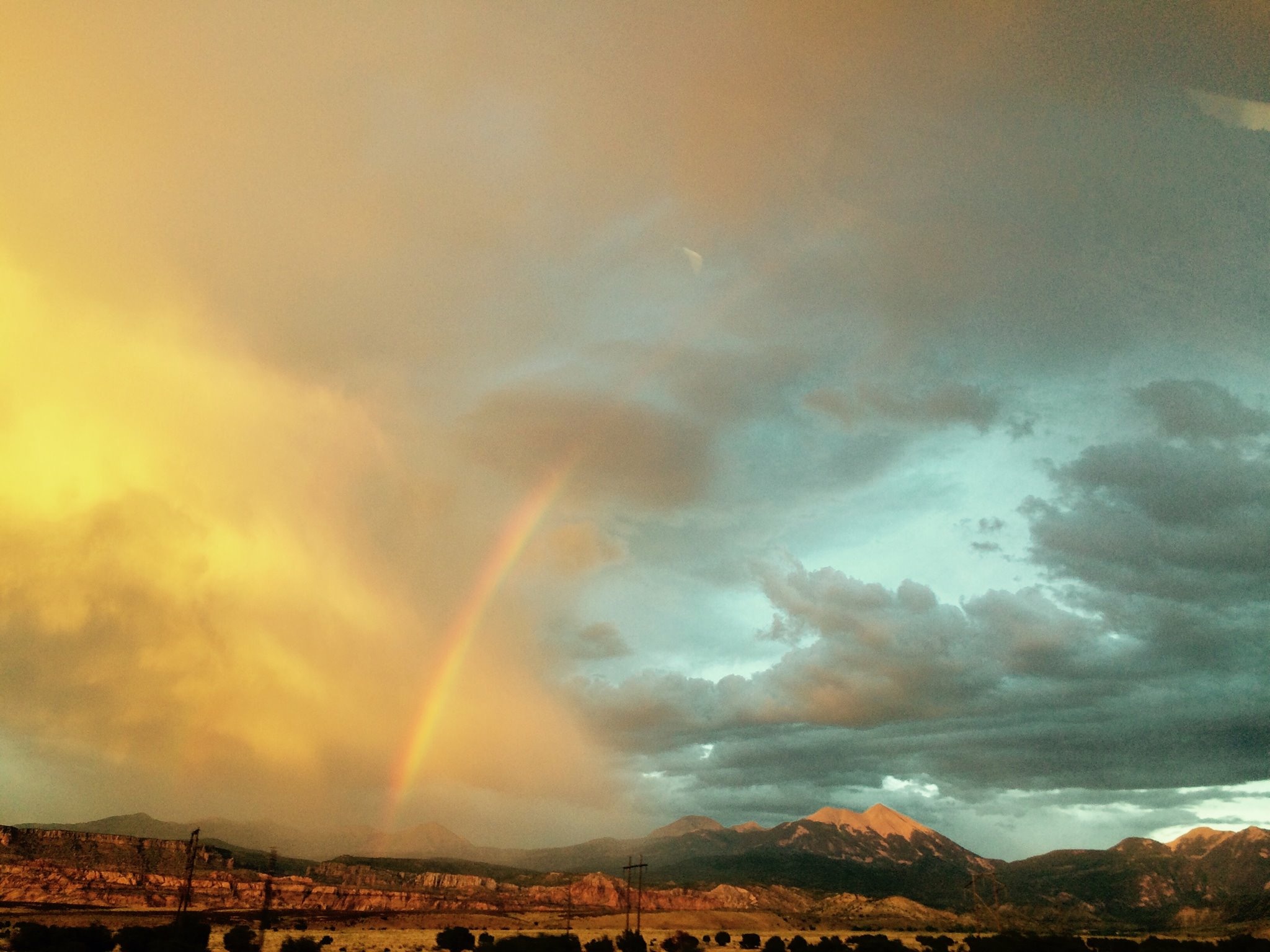Here we discuss the grim reality: That nature is a murderous, impartial force that kills with impunity. Do you know how to beat her at her own game?
Some thoughts on Nature
When I was a kid, there was a poem my grandfather quoted often when talking about nature. It started as follows:
“When you’re lost in the Wild, and you’re scared as a child, And Death looks you bang in the eye, And you’re sore as a boil, it’s according to Hoyle To cock your revolver and . . . die. But the Code of a Man says: “Fight all you can,” And self-dissolution is barred. In hunger and woe, oh, it’s easy to blow . . . It’s the hell-served-for-breakfast that’s hard.”
-Robert Service, “the Quitter”
Before going further, I want to say that I hold profound sympathy for those referenced in the linked article. The impacts of being lost are profound; the desperation that accompanies resource scarcity is what makes the Type I so dangerous. We intend no offense to the deceased in discussing the following, and we hope to learn from their story.

Introduction
Every year, there are stories of people who become lost while out exploring nature. A great number of them end in tragedy. While nature can (and should) be enjoyed by just about anyone, many forget to run the numbers on risk management when they head for the trail. More often than not, that’s ok, but it does dismiss an uncomfortable truth: For most of human existence, the environment hasn’t been a place to relax. “The Wilderness” could be a study in and of itself. With references from everything from holy texts to fiction, the wilderness was a place that humans feared until recently.
While many predators are gone, there are recent stories of rabid animals, hiker’s becoming lost, wildfires, floods, droughts, and on and on…
The long and the short of this article is that nature isn’t our friend. Think of her more like a rival. You’ve got to fight hard to win her respect. It requires resourcefulness, thought, action, and consistency.
BEAUTIFUL PSYCHOPATH

We, as a society, have lost touch with the ability to provide for ourselves while in nature. For most, nature has become an opportunity to sit by a well-known destination while you drink wine from a plastic cup and share #nofilter Instagram pictures. We look at nature as spectators.
We enjoy looking at nature as if it was a beautiful person, and like a person, were comfortably distant from nature. This means we can appreciate it’s beauty, while being spared it’s temper tantrums, it’s bitter rage, it’s indifference, and it’s pathological propensity for killing.
It’s important we don’t get caught in awe… because while nature is beautiful, she’s also a psychopath.
BITTER ROOTS OF REALITY
Here’s the truth: nature doesn’t care about you. It *wants* you dead. It’s goal is to prove you’re unfit for life by raining impartiality on you and testing your resourcefulness. The way of all creatures through all of history has been competition set against the backdrop of an environment of constant hardship, and nature’s job is to simply relegate your name to the infinite book of the dead. Grim, I know. It’s not all so bad, though.
For one, that environment forces us to be stronger. By simply going out and experiencing some of what nature has to offer, you’re escaping the artificial ease we’ve created for ourselves. That is a wonderful thing and it’s filled with the subtle satisfaction that accompanies adventure. After all, we’re hardwired to enjoy overcoming challenges.
People are “opting outside” in record numbers. However, many (ourselves included) know the truth: It’s not much of a getaway if you’re trying to get away from people. Most of the common, accessible natural settings are well mapped and travelled. As such, hiking and camping in them is a pseudo-outdoors experience. They’re the sights that require the best payoff for the lowest investment in time and energy.
This is natural and the process serves to push the more adventurous out, and take the bounds with them. This passion for adventure is good, but it carries the burden of additional knowledge, skill, and experience.
So if you want to push further out to get more nature and less people, you must advance to keep pace with the challenge.
One of the things we strive to do is create an environment where skill is the foundation. Far too often, people build their adventures on gear, and “learn as they go”.

That’s fine, at the lower levels however, good equipmentcannot make up for a deficiency in skill and experience when situations become more challenging. Fundamental to this is mindset: we have to start by taking a clear-headed approach to what nature is, and how it works, and we need to have purpose. The farther out you go, the greater the impacts of weather and the tougher the terrain, so knowing some clouds and reading terrain is imminently beneficial.
BEATING THE REAPER
Our ancestors lived in constant struggle against nature, but they understood things that today we’ve lost touch with. For example, if you become lost and the conditions are poor, it can be best to hold still, think, and wait for an improvement rather than keep moving.
…nature has become an opportunity to sit by a well-known destination while you drink wine from a plastic cup and share #nofilter Instagram pictures. We look at nature as spectators.
Planning, in this case, demands that you know a few things, and it circles back around to the mention of experience earlier in the article. Start with a cogent assessment of how far you have walked, and what condition you were in when you finished. Keep in mind that if you’ve got a pack, it’ll add fatigue. Don’t forget that those with you may not be as capable of movement as you are. Figure that into your plan. The very best practice to increase your endurance is to hike, but select routes that are challenging, but appropriate for your skill level. You don’t want to find yourself fatigued and desperate in bad weather and lost. Said another way and more simply:
Know your ability, the ability of those in your care, figure distance out and back, and pack for twice as long as you’ll be out. Local knowledge of water sources (with a way to purify water) and edibles is good, and of course, maps are cheap.
Another consideration is wear clothes for the worst case. Especially in mountainous regions, weather can change fast. If you dress for daytime comfort and end up stranded over night, you’re going to have that much more knowledge to not risk thermal injury. We often mention that good clothing are the “0 line” of equipment. Dress appropriately.
Finally, as the logical extension of everything we do, have your everyday carry equipment, and your backpack should be equipped to handle everything from a routine hike to a Type II Emergency. Together, these should both provide you insulation from immediate threats as well sustainment.
Conclusion

In the end, nature is like a competitive sport. Most of the time it’s good natured and exhilarating. Left unchecked, it can get out of control, and you can be in for some major problems. Like any endeavor, match your level of experience, skill, equipment, and physical health to the challenge. As you take a more adventurous approach to the outdoors, you should ask yourself the following:
1. How fast does a human walk on average?
2. How fast over rough terrain?
3. How many are in 100 yards?
4. How many feet (and yards) are in a mile?
5. How much water does a person need to drink per day?
6. How much under moderate exertion?
7. How much under exertion in inclement weather (hot/cold)? How many pounds does water weigh?
Additionally, we must ask about the environment we’re going in to:
1. What are the primary hazard?
2. What is the climate classification?
3. What is the route you intend to take?
4. What is the distance of that route?
5. Based on the information above, how long will it take, how much water/food will you need, and what protection from the elements will be require?
6. How far are you from help?
7. How will you contact help without a cellphone, as well as, ‘how can you relay a message?’
We can tie this back to Situational Awareness – and as we often do, we can split this topic into two distinct categories: Rural and Urban Awareness. We can learn a lot from knowing the terrain, reading the sky, and making a comprehensive plan ahead of time.
It’s important we look at nature as a merciless teacher, and therefore we should be ready to withstand her challenges at any time.
Stay safe,
ISG Team




